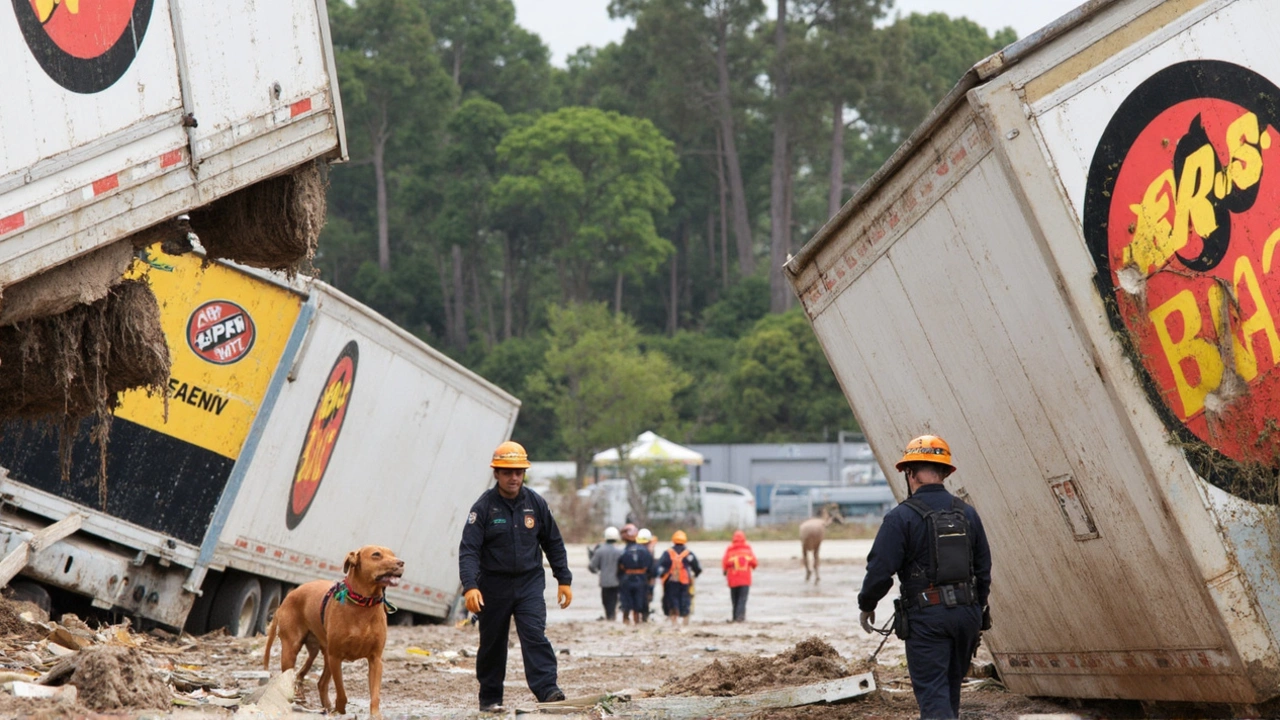Lawmakers Grill FEMA Over Hurricane Season Readiness
As the Atlantic spins up for another hurricane season, Congress is putting FEMA under the microscope. The agency's acting chief, Cameron Hamilton, recently found himself defending FEMA’s hurricane preparedness in front of the House Committee on Appropriations. The timing couldn’t be worse—with climate forecasts leaning toward a rowdier storm season and FEMA’s disaster relief fund heading for an eye-watering $8 billion hole.
The million-dollar—or should we say billion-dollar—question hovers over FEMA’s ability to handle back-to-back catastrophic events. Hamilton stuck to the script, pledging focus on "truly catastrophic disasters." But that did little to ease lawmakers’ concerns. They’re staring at numbers that don’t add up: shrinking staff, axed programs, and a pot of money that’s drying up right before the busy season.
BRIC Program Cuts Hit Hard in Risky States
Maybe the most gut-punching change came from the pause of the Building Resilient Infrastructure and Communities (BRIC) program. Over the last four years, BRIC channeled $5 billion to local projects like floodplain repairs, stronger stormwater systems, and community-level readiness training. For places like Florida and Louisiana, where hurricanes mean real lives and homes at risk, yanking BRIC funds feels like pulling up the levee right before the waters rise.
This year alone, FEMA canceled $750 million in BRIC grants and started clawing back unspent funds from past cycles. Their reasoning? Too much "wasteful" spending, and flaws in how grant applications were scored. Skeptics in Congress see that as shifting blame—pointing out that local governments are now in a scramble to fill gaps or halt projects that were mid-stream. State officials warn that every canceled project makes towns more fragile, just when storm risk is about to peak.
The bigger political storm is swirling around FEMA’s long-term future. There’s still no permanent administrator on the books, with President Trump choosing not to nominate anyone so far. Hamilton didn’t sugarcoat it—acknowledging outright that FEMA’s existence could be on the chopping block, depending on where policy winds blow next.
All this comes as the agency copes with staff reductions and sharper focus on only the largest emergencies. Smaller but still serious disasters may wait in line or go under-served. This shift is exactly what makes mayors and emergency managers nervous, since real life doesn’t respect federal priorities or budget cycles. They’re still the ones who answer 911 calls when storms hit and power lines fall.
No surprise, then, that the committee hearing boiled over into a wider argument about preparedness vs. penny pinching. Should FEMA take risks now in the name of savings, or invest more upfront so the next major hurricane doesn’t become a pile of bigger bills and broken lives? With no easy answers—and another active storm season looming—everyone at the table knows there’s little margin for error.





